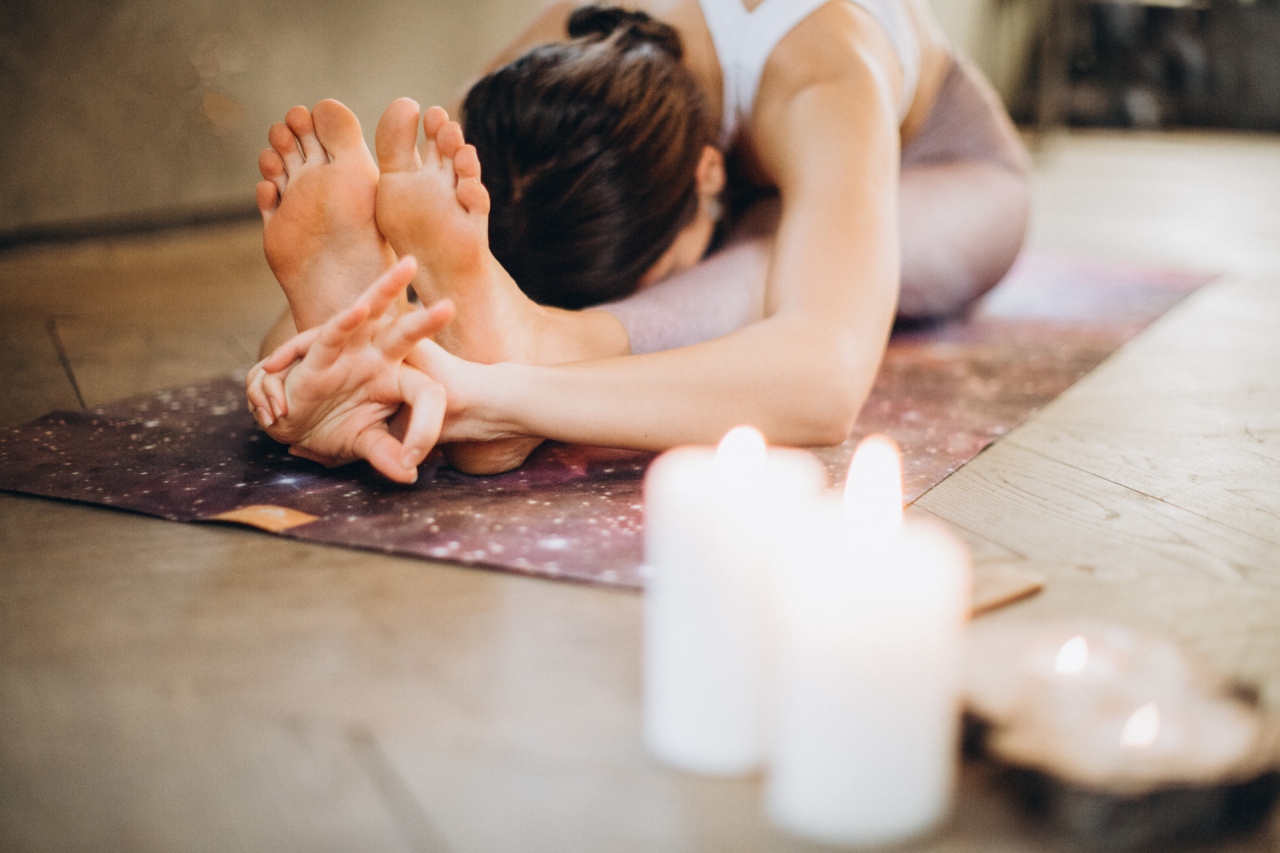Aromatherapy is the use of plant extracts and essential oils that are used for their therapeutic properties.
Essential oils are highly concentrated liquid extracts obtained from plants and contain aromatic compounds that are believed to have therapeutic properties. Essential oils can be inhaled, applied topically, or ingested in some cases. Aromatherapy has been used for thousands of years in various cultures and has gained widespread popularity in recent years.
Essential oils can affect the mind and body in many ways, including reducing stress, improving sleep, easing pain, boosting cognitive function, and reducing inflammation.
The Science Behind Aromatherapy
The sense of smell is closely linked to the limbic system, which is the part of the brain responsible for emotions, memories, and behaviors.
When we inhale essential oils, the aromatic molecules stimulate the olfactory nerves in our nose, which send signals to the limbic system. This is why certain scents can evoke powerful emotional and psychological responses. Essential oils can also enter the bloodstream through the skin or lungs and travel throughout the body, affecting various systems and processes.
Benefits of Aromatherapy
Reducing Stress and Anxiety
One of the most well-known benefits of aromatherapy is its ability to reduce stress and anxiety. Lavender, chamomile, and ylang-ylang are some of the essential oils that are commonly used for their calming and relaxing effects.
Studies have shown that inhaling lavender essential oil can reduce anxiety levels and improve mood in people with anxiety disorders.
Improving Sleep
Aromatherapy can also help improve sleep quality and duration. Essential oils such as lavender, roman chamomile, and bergamot have sedative properties and can promote relaxation and sleepiness.
A study found that inhaling lavender essential oil before bed improved sleep quality and reduced the symptoms of insomnia in participants.
Easing Pain and Inflammation
Essential oils such as peppermint, eucalyptus, and ginger can help ease pain and reduce inflammation. These oils contain compounds that have analgesic and anti-inflammatory properties and can be applied topically, inhaled, or ingested.
A study found that inhaling peppermint essential oil reduced the severity and duration of tension headaches in participants.
Boosting Cognitive Function
Aromatherapy can also help improve cognitive function, including memory, attention, and concentration.
Rosemary essential oil has been found to improve cognitive performance in young adults, while peppermint essential oil has been shown to improve memory in older adults.
How to Use Essential Oils
There are several ways to use essential oils for aromatherapy:.
- Inhalation: inhale the essential oil directly from the bottle, use a diffuser, or add a few drops to a bowl of hot water and inhale the steam.
- Topical application: dilute the essential oil with a carrier oil such as coconut or jojoba oil and apply it to the skin.
- Ingestion: some essential oils can be ingested, but this should be done under the guidance of a qualified practitioner and only with oils that are safe for internal use.
Safety Considerations
While essential oils can be beneficial, they can also be harmful if not used properly. Essential oils should never be ingested undiluted or applied directly to the skin without a carrier oil.
Some essential oils can also cause allergic reactions or interact with medications. It is important to consult a qualified practitioner before using essential oils, especially if you have a medical condition or are pregnant or breastfeeding.
Conclusion
Aromatherapy is a natural and effective way to promote physical and emotional wellness. Essential oils can affect the mind and body in many ways and have been used for thousands of years in various cultures.
Essential oils can be used in a variety of ways, including inhalation, topical application, and ingestion (under the guidance of a qualified practitioner). It is important to use essential oils safely and under the guidance of a qualified practitioner.































